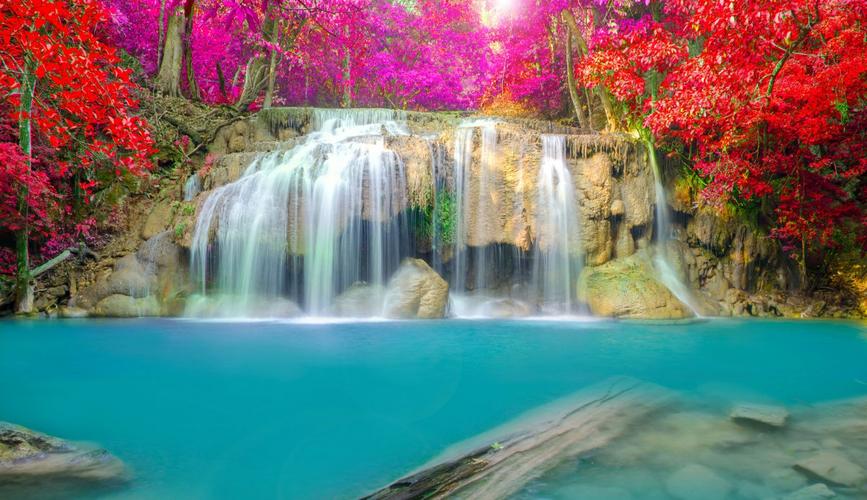Exploring the Cultural Diversity of India: A Journey Through Its Rich Heritage
India is a country that boasts of a rich heritage, cultural diversity, and a history that spans over centuries. With a population of over 1.3 billion people, India is the world’s seventh-largest country by area. It is no wonder that the country is home to a vast diversity of cultures, religions, customs, and traditions. In this article, we will delve deeper into the cultural diversity of India, exploring its rich heritage and the various ethnicities that make up this colorful nation.
The Blend of Cultures in India
India is a melting pot of traditions, customs, and cultures. From the colorful streets of Jaipur to the serene backwaters of Kerala, each region has its own unique flavor. The country has been shaped by a long history of migration and invasions, which has resulted in a cultural diversity unlike any other. Indian culture is characterized by its blend of Hindu, Muslim, British, and Christian influences, each of which has left an everlasting mark on the country’s heritage.
The Historical Significance of India’s Diversity
India’s cultural diversity dates back over thousands of years. From the Indus Valley Civilization to the rise and fall of the Mughal Empire, the country has always been home to an amalgamation of cultures. The blend of various ethnicities, traditions, and customs has resulted in the creation of a unique identity that is India. The diverse history of India is reflected in its art, music, literature, and architecture, which are all characterized by a rich, yet distinct cultural significance.
The Cultural Regions of India
India is divided into six major cultural regions, each with its unique traditions and customs. These regions include North India, Northeast India, East India, West India, South India, and Central India. Each region is further subdivided into various states, each with its own customs, traditions and dialects. For instance, the southern region of India is characterized by its literature, classical dance forms, and cuisine, while the western region is famous for its coastal seafood delicacies, historical forts, and exquisite pottery.
The Significance of Festivals in Indian Culture
One of the most fascinating aspects of Indian culture is its vibrant and diverse festival calendar. From the colorful Holi in North India to the breathtakingly beautiful Diwali in the South, each festival has a unique significance and cultural importance. The festivals are celebrated with much pomp and show, with each community coming together to partake in the festivities. These festivals are an expression of the rich cultural traditions that define India.
Conclusion
In conclusion, India’s cultural diversity is one of its defining characteristics. Its rich heritage, traditions, customs, and festivals all come together to create a unique tapestry of culture and history. It is this diversity that makes India an unparalleled destination for travelers looking to explore all that the country has to offer. As we continue to celebrate and cherish our cultural diversity, let us remember that it is this diversity that makes India what it is today.
(Note: Do you have knowledge or insights to share? Unlock new opportunities and expand your reach by joining our authors team. Click Registration to join us and share your expertise with our readers.)
